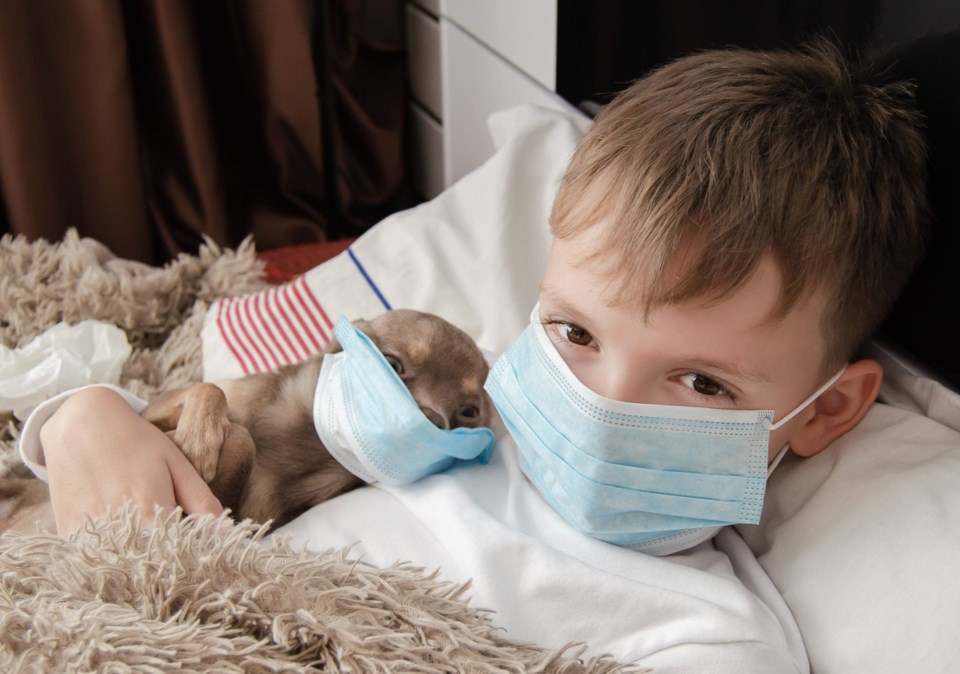By now, as a New York City resident, you've probably started hearing news reports about some strange cousin or mutation of coronavirus that is now appearing in children in New York City (and a few other regions)-- a rare but? serious health condition called Pediatric Multi-System Inflammatory Syndrome (PMIS).
As of Thursday, the New York City reported at least 100 cases of children infected with PMIS. children in New York City, Mayor Bill de Blasio said on Thursday. Out of the children diagnosed PMIS, 55 tested positive for COVID-19, the illness caused by the novel coronavirus, or for antibodies to the virus.
The Centers for Disease Control and Prevention has made a connection-- although still not entirely clear-- between COVID-19 and PMIS. And while CDC does not know yet who is most at risk for this illness, scientists around the world are working feverishly and quickly as possible to understand more about the syndrome and how best to treat it.
"It is still, in the scheme of things, rare," said Mayor de Blasio during his daily novel coronavirus press conference on Thursday. "But it is something that we take very seriously and we are now on high alert."
PMIS is similar to serious inflammatory conditions such as Kawasaki disease and toxic shock syndrome. Children with PMIS can have problems with their heart and other organs and need to stay in a hospital to receive support in an intensive care unit.
Again, PMIS is a rare condition. However, because it is life-threatening, it is important that parents know the signs and symptoms, so they can get help right away.
Here is information shared by the City, which you can also find as a downloadable fact sheet here.
What are the signs or symptoms of PMIS?
Most children have fever (temperature of 100.4 degrees F or 38.0 degrees C or greater) lasting several days, along with other symptoms.
Common symptoms include:
- Irritability or sluggishness
- Abdominal pain without another explanation
- Diarrhea
- Vomiting
- Rash
- Conjunctivitis, or red or pink eyes
- Enlarged lymph node ("gland") on one side of the neck
- Red, cracked lips or red tongue that looks like a strawberry
- Swollen hands and feet, which might also be red
PMIS FAQs
When should I call my child's doctor or get emergency care?
You should call your doctor immediately if your child becomes ill and has had continued fever. Your doctor will ask about any signs or symptoms your child has and use that information to recommend next steps. If your child is severely ill, you should go to the nearest emergency room or call 911 immediately.
Is PMIS contagious?
PMIS is not contagious. However, it is possible your child has COVID-19 or another underlying infection that may be contagious. Until we know more, hospitals in NYC that are treating children with PMIS are taking the same precautions they take for patients with COVID-19.
Is there a treatment for PMIS?
Currently, children with PMIS are being treated with different therapies, including intravenous immunoglobulin and steroids. These drugs help reduce the body's immune response that causes the inflammatory syndrome. Children are also being given other medications to protect their heart, kidneys and other organs.
How can I prevent my child from getting PMIS?
Although we do not know yet if PMIS is related to COVID-19, taking steps to prevent your child from being exposed to COVID-19 is important. Face coverings, hand hygiene, and physical distancing are the best way to prevent COVID-19.




